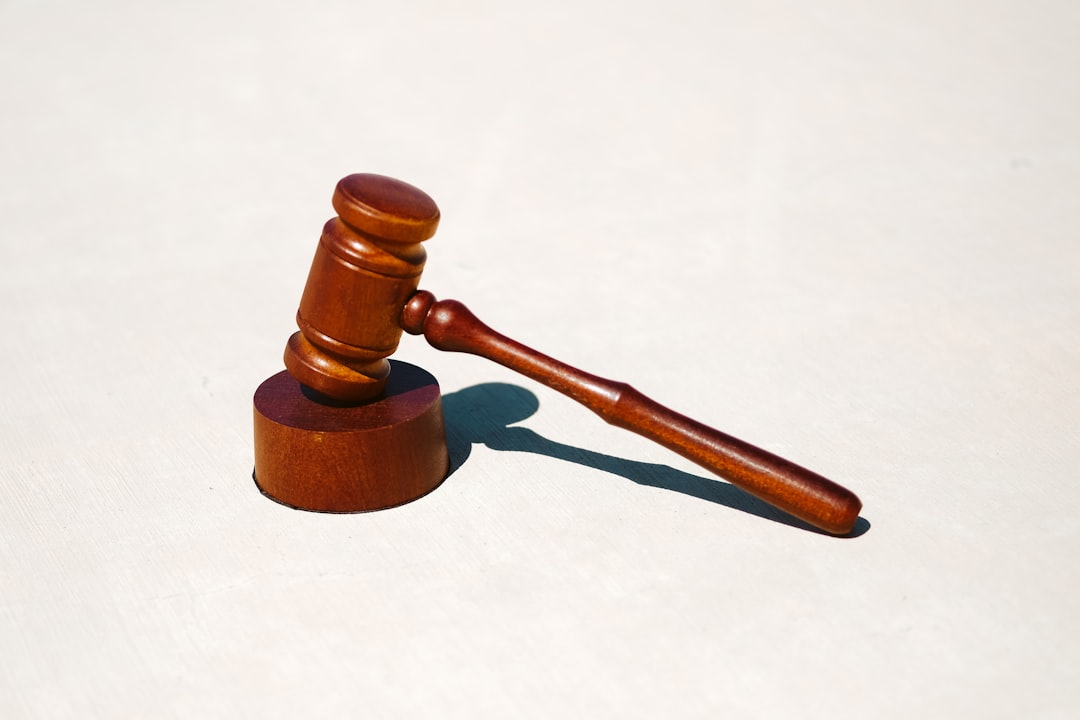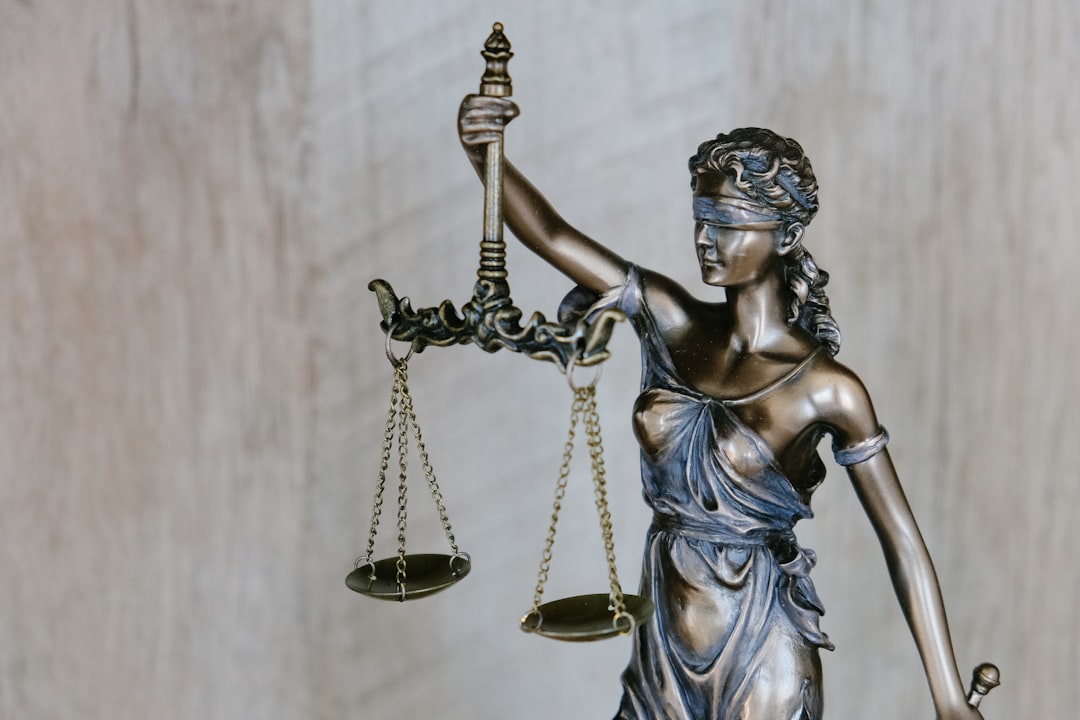Sexual abuse law firms in Mississippi heavily rely on expert testimony to ensure justice for victims, leveraging professionals like medical doctors and psychologists to navigate complex trauma responses and child sexual abuse intricacies. These experts provide unbiased insights, aiding juries in understanding delayed reporting and memory issues. However, presenting this evidence comes with challenges, requiring firms to stay updated on trauma-informed care and forensic science, counter opposing expert credentials, and expose potential biases to ultimately advocate for survivors.
“In the intricate landscape of sexual abuse litigation, expert testimony often holds significant weight. This article explores the nuanced dynamics between experts and courts in Mississippi, a state with its unique legal considerations for such cases. We delve into how sexual abuse law firms navigate complex challenges, specifically when confronting expert witnesses. From understanding the role of experts to implementing strategic countermeasures, this guide offers insights into successful practices, as illustrated through compelling case studies.”
Understanding Expert Testimony in Sexual Abuse Cases

In sexual abuse cases, expert testimony often plays a pivotal role in helping juries understand complex issues related to trauma and its effects on victims. This is particularly crucial in Mississippi, where sexual abuse law firms frequently navigate intricate legal landscapes. Expert witnesses are professionals—such as psychologists, medical doctors, or social workers—who have specialized knowledge and experience in areas relevant to the case. They offer impartial opinions and insights based on scientific research, clinical practice, and their interactions with the victim.
Such testimony can help shed light on common reactions to trauma, including delayed or inconsistent reporting of abuse, which is not uncommon among victims. It also assists juries in comprehending the nuances of child sexual abuse, especially regarding memory and suggestion. Mississippi sexual abuse law firms leverage these insights to advocate for their clients, ensuring that justice is served and victims receive the support they deserve.
The Role of Experts in Mississippi Sexual Abuse Litigation

In Mississippi, sexual abuse litigation often hinges on complex issues and nuanced evidence, making the role of experts invaluable. These professionals, including medical doctors, psychologists, and forensic specialists, are crucial in providing objective insights and testimony that can significantly impact the outcome of cases involving sexual assault or abuse. Their expertise helps courts and juries understand the physical and psychological effects of such trauma, often guiding decisions regarding liability and compensation for victims.
Sexual abuse law firms in Mississippi frequently rely on these experts to build strong cases and advocate for their clients’ rights. By presenting compelling expert testimony, these firms aim to challenge the narrative presented by the defense, offer medical and scientific corroboration of the victim’s experiences, and ultimately ensure justice is served. This strategic use of expert opinions underscores the importance of experienced legal representation in navigating Mississippi’s sexual abuse litigation landscape.
Common Challenges Facing Sexual Abuse Law Firms in Mississippi

Sexual abuse law firms in Mississippi often face unique challenges when it comes to presenting expert testimony. One of the primary difficulties is navigating the complex legal landscape surrounding sexual assault cases, which requires a deep understanding of both state and federal laws. These cases are also highly sensitive, necessitating a delicate approach to handling evidence and witness testimonies.
Additionally, sexual abuse law firms in Mississippi must contend with potential biases and skepticism from juries or judges regarding expert opinions. They need to effectively communicate complex medical and psychological concepts to ensure the court understands the significance of expert testimony. Moreover, keeping up with the latest research and best practices in trauma-informed care and forensic science is crucial to building robust cases.
Strategic Approaches to Countering Expert Testimony

When facing expert testimony in a picayune sexual abuse case, strategic approaches are crucial for sexual abuse law firms in Mississippi. One key strategy is to thoroughly vet and cross-examine the opposing expert witness. This involves delving into their qualifications, methodology, and any potential biases or conflicts of interest. By questioning their credentials and the basis for their opinions, attorneys can expose inconsistencies and weaknesses in their testimony.
Additionally, presenting alternative explanations or theories supported by credible research and other expert opinions can challenge the validity of the opposing side’s evidence. Sexual abuse law firms should also be prepared to highlight any gaps or limitations in the methodology used by the expert witness. This may include pointing out flaws in data collection, analysis, or interpretation, thereby undermining the reliability of their conclusions. Such strategic approaches are vital for navigating complex cases and advocating effectively for survivors.
Case Studies: Successful Challenges Against Expert Testimony

In numerous cases, strategic challenges against expert testimony have proven instrumental in securing justice for survivors of sexual abuse, particularly in Mississippi, where many sexual abuse law firms have achieved notable successes. For instance, in a high-profile case, a plaintiff’s attorney successfully questioned the methodology and validity of a defense expert’s opinion on trauma bonding, ultimately leading to a jury verdict in favor of the victim. This strategy highlighted the potential for thorough cross-examination to expose weaknesses in expert opinions, which can significantly sway public perception and judicial decisions.
Another compelling case study involves a sexual abuse law firm in Mississippi that challenged an expert witness’ use of outdated research to support their testimony on child sexual behavior. By presenting more contemporary studies, the plaintiff’s counsel demonstrated the need for current, evidence-based information in such sensitive cases. This approach not only weakened the defense argument but also emphasized the importance of relying on reliable, up-to-date sources when evaluating complex psychological issues related to sexual abuse.




